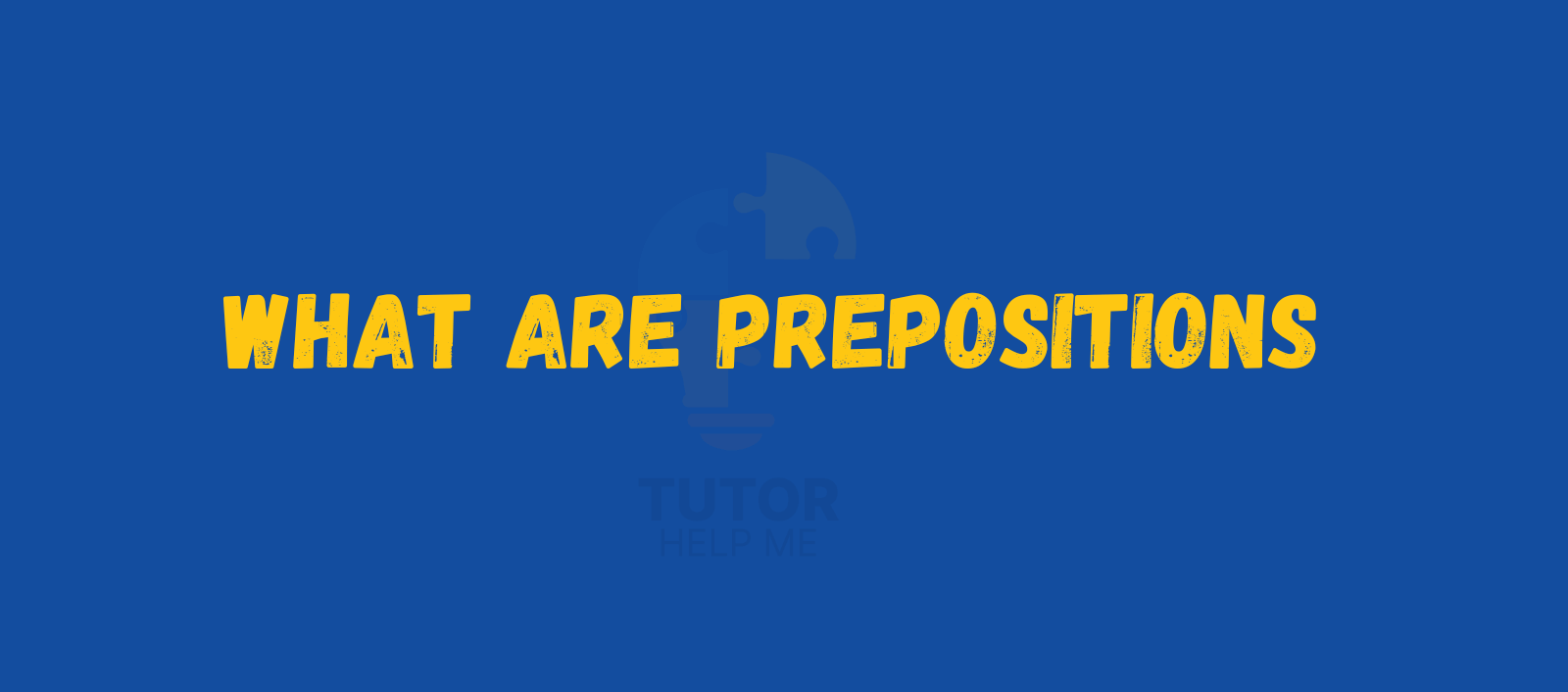Prepositions are small words, but they are important in English grammar. They help us show the link between words in a sentence.Prepositions tell us where, when, how, or why something happens.
In this blog, you will learn what are prepositions, their types, and how to use them with examples.
What Are Prepositions?
A preposition is a word placed before a noun or pronoun to show its link to another word. It can show place, time, direction, cause, or manner.
Example:
- The book is on the table.
- She walked into the room quietly.
- We will meet after lunch.
- The keys are under the sofa.
- He came to school with his brother.
Types of Prepositions With Examples
Prepositions of Place
These show the position or location of something.
Common Words: in, on, under, behind, above, between, next to
Examples:
- The keys are in the drawer.
- The phone is on the table.
- The cat is under the bed.
- The bag is behind the door.
- The clock is above the mirror.
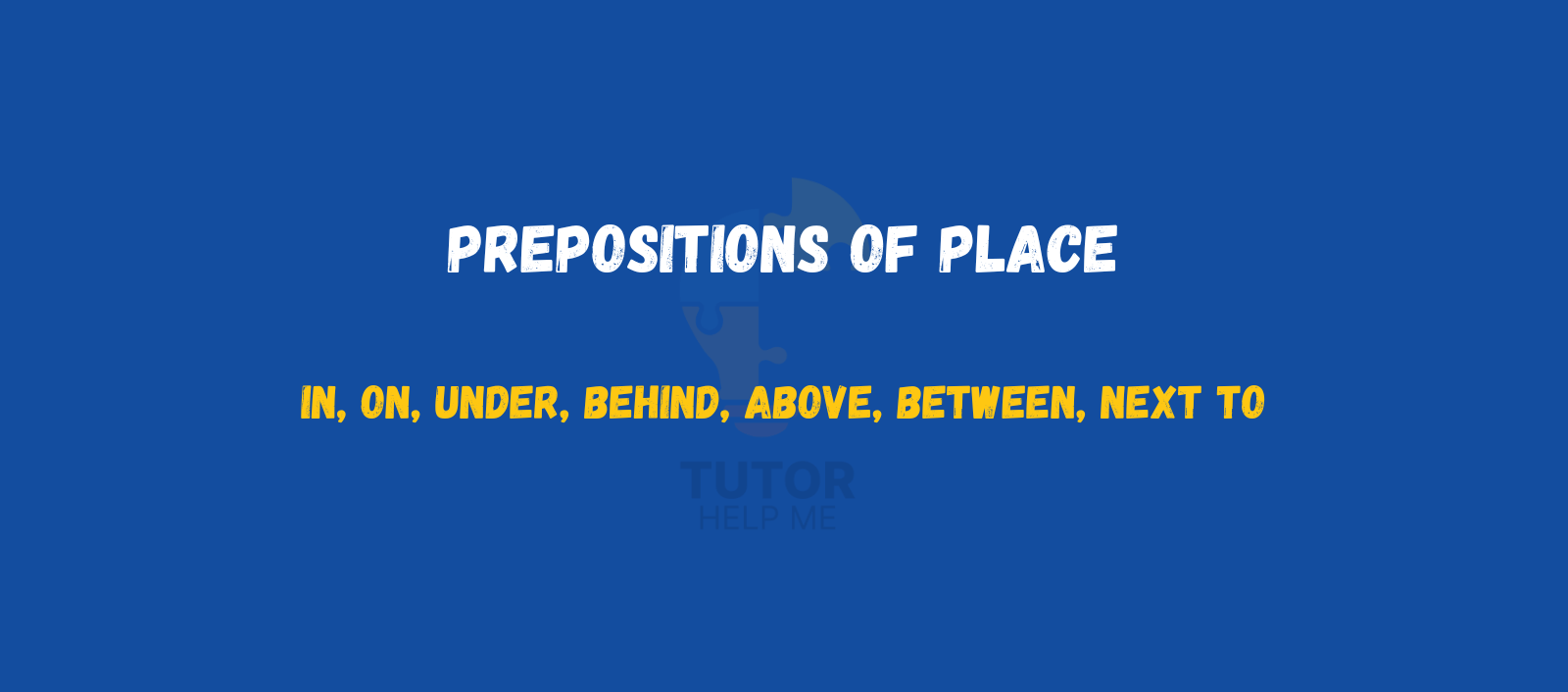
Prepositions of Time
These show when something happens.
Common Words: at, on, in, before, after, during, since
Examples:
- We’ll meet at 5 p.m.
- She was born on Monday.
- I travelled in July.
- Finish the work before lunch.
- He has been here since morning.
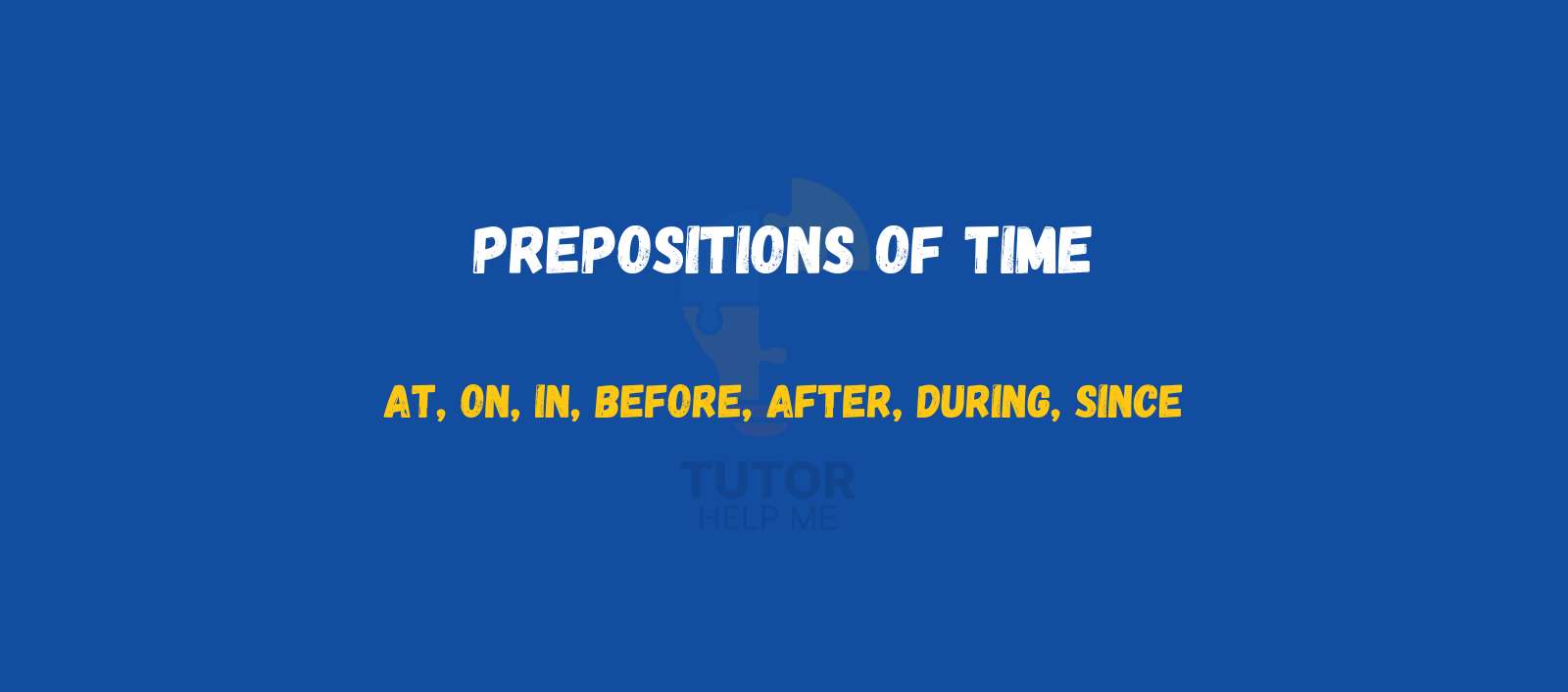
Prepositions of Direction or Movement
These show movement from one place to another.
Common Words: to, into, onto, out of, off, towards
Examples:
- He went to the shop.
- The dog ran into the room.
- She jumped onto the chair.
- He moved out of the house.
- The ball rolled towards the wall.
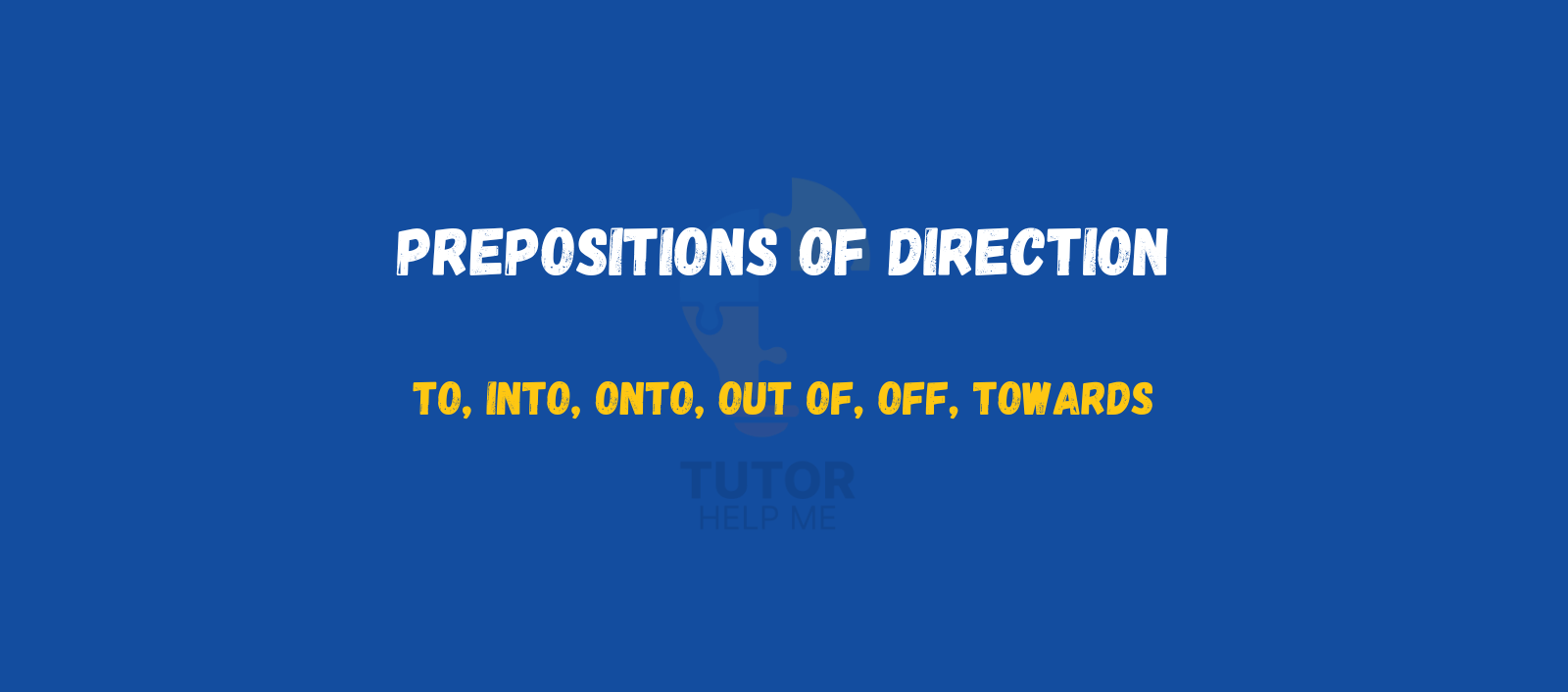
Prepositions of Cause, Reason, or Purpose
These explain why something happened.
Common Words: because of, due to, for, from, out of
Examples:
- The game was cancelled because of rain.
- He failed the test due to lack of study.
- This gift is for you.
- She is tired from working late.
- He acted out of fear.
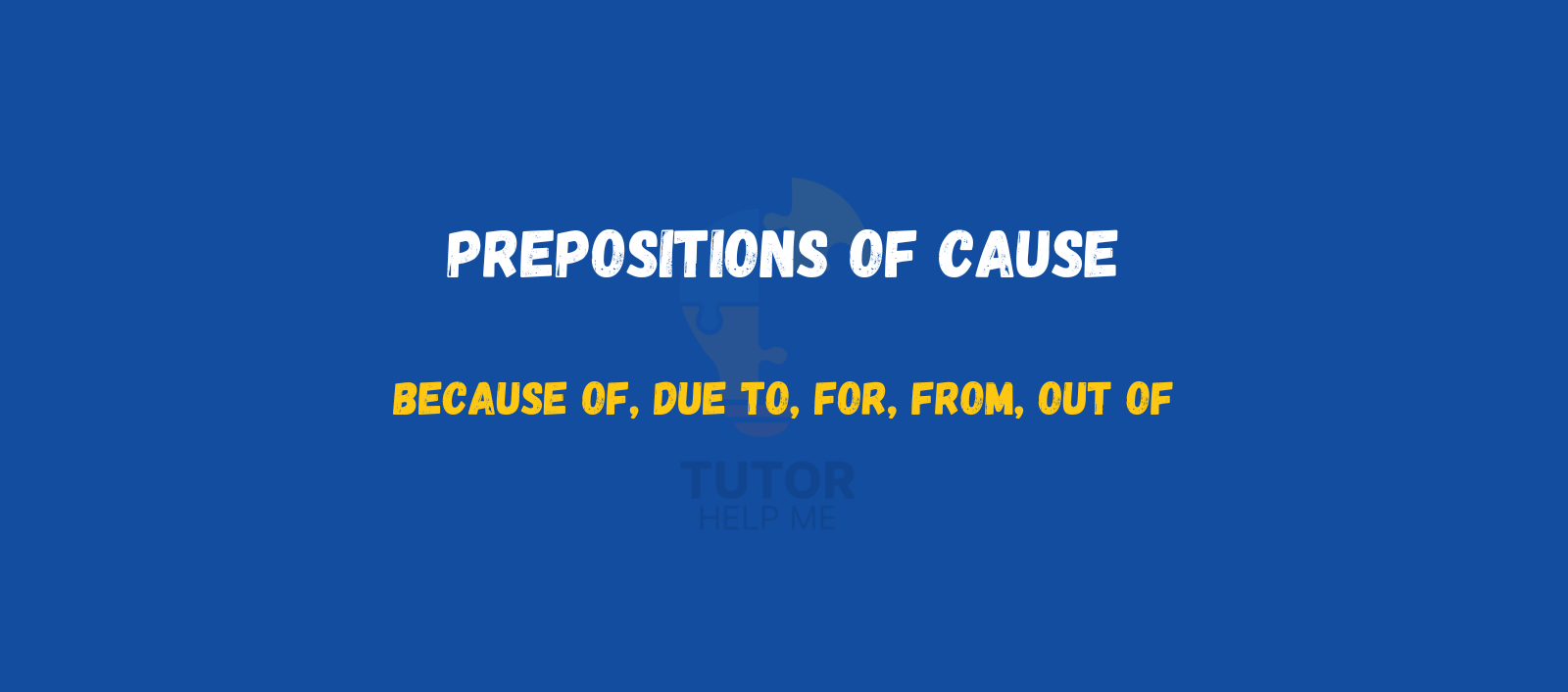
Prepositions of Manner, Agent, or Instrument
These show how something happens or who/what did it.
Common Words: by, with, like, through, via
Examples:
- The story was written by a famous author.
- He opened the box with a knife.
- She dances like a professional.
- The message came through email.
- We sent the package via courier.
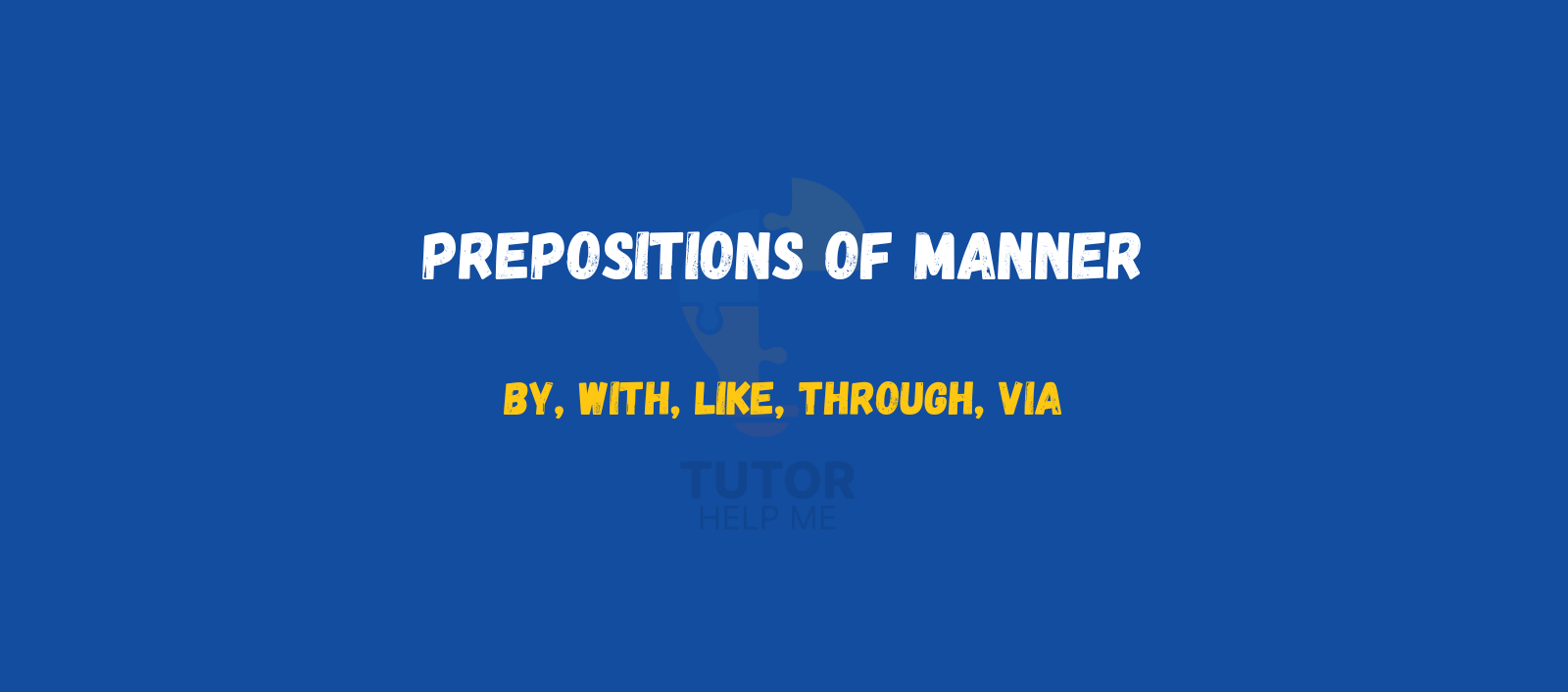
Prepositions of Comparison
These show a comparison between two things.
Common Words: like, unlike, as…as, than
Examples:
- He runs like a cheetah.
- Unlike his brother, he is shy.
- She is as tall as her sister.
- This book is better than that one.
- The movie was as good as expected.
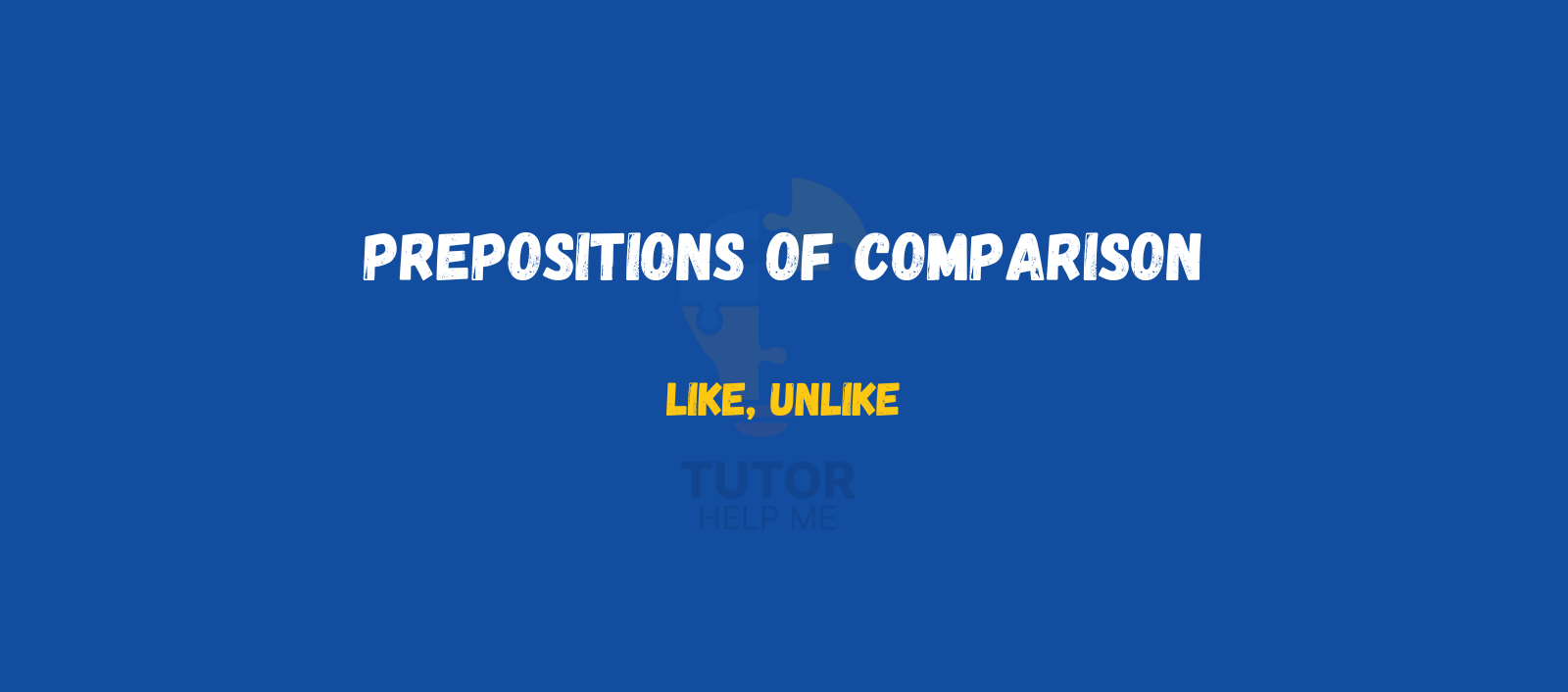
Prepositions of Concession
These show contrast or unexpected results.
Common Words: despite, in spite of, although
- Despite the rain, we went out.
- In spite of being tired, he studied.
- Although it was cold, she wore a dress.
- We stayed calm despite the noise.
- In spite of the traffic, we reached on time.
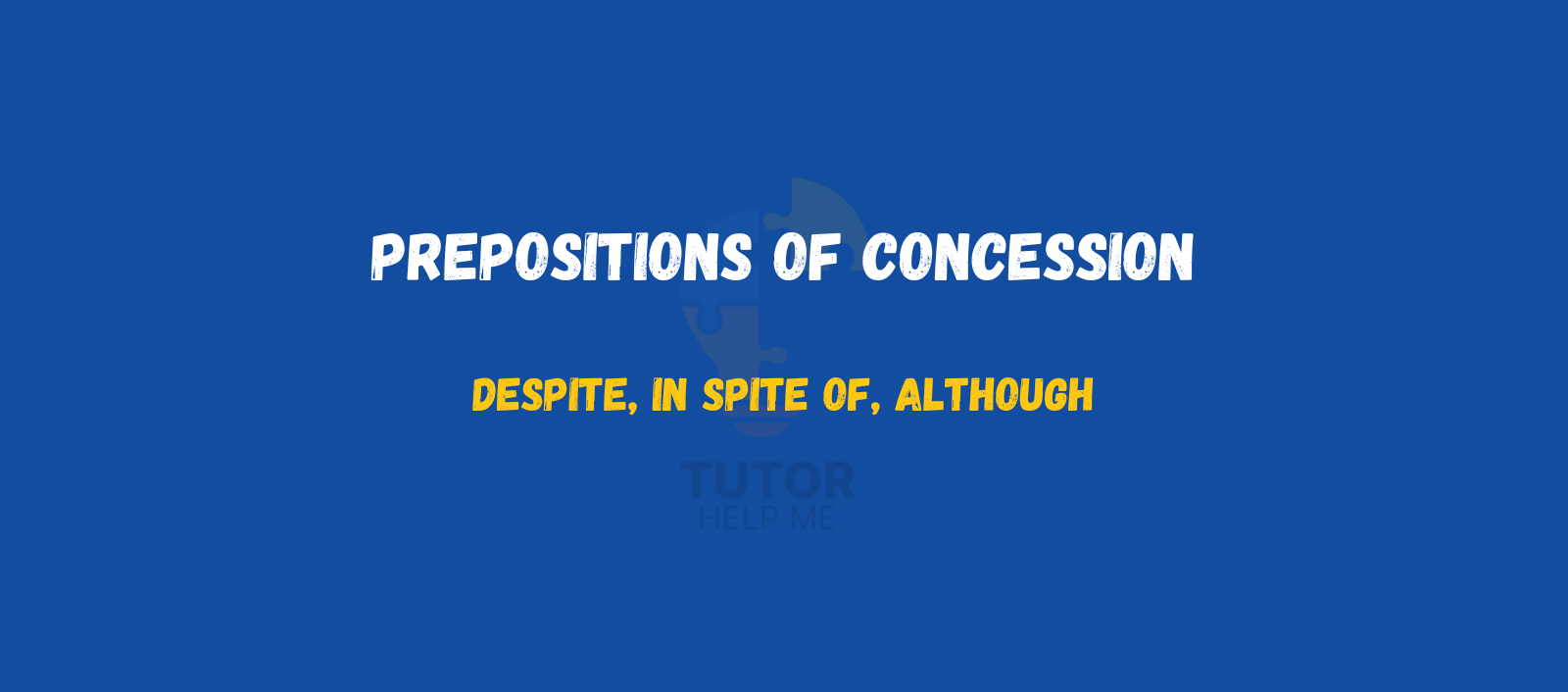
Prepositions of Condition
These show a condition or requirement.
Common Words: in case of, in the event of, on condition that
Examples:
- In case of fire, use the stairs.
- In the event of rain, the event will move indoors.
- You can go on condition that you return early.
- If needed, call this number.
- He may join provided that he finishes his work.
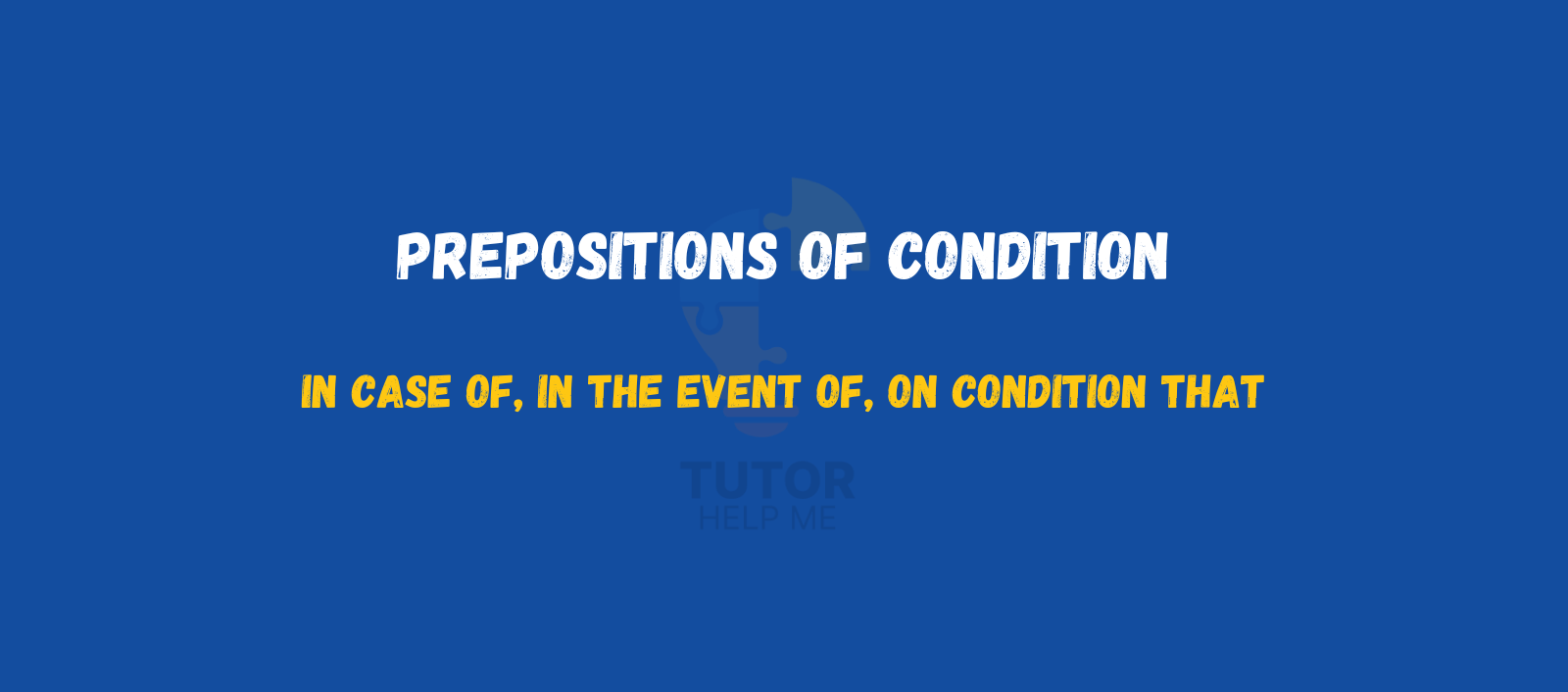
Conclusion
Prepositions help connect ideas in a sentence. They tell us more about place, time, direction, and reason. Understanding prepositions makes your writing and speaking clearer. Keep practicing them to improve your grammar and communication skills.
Read More What Is an adverb? Definition and Types With Examples
FAQ’s
Can a sentence end with a preposition?
Yes, especially in informal English. Example: “Who are you talking to?”
Are prepositions always one word?
No. Some prepositions are phrases, like “out of” or “next to.”
Can prepositions be used with pronouns?
Yes, like “with him,” “for her,” or “to us.”
Why are prepositions important?
They give more meaning to a sentence and help make ideas clear.

